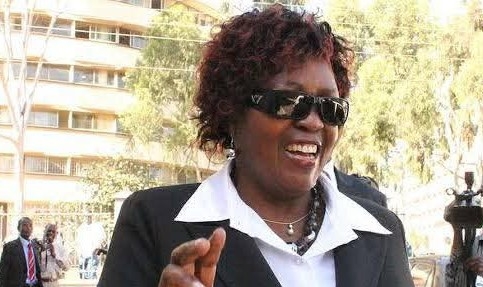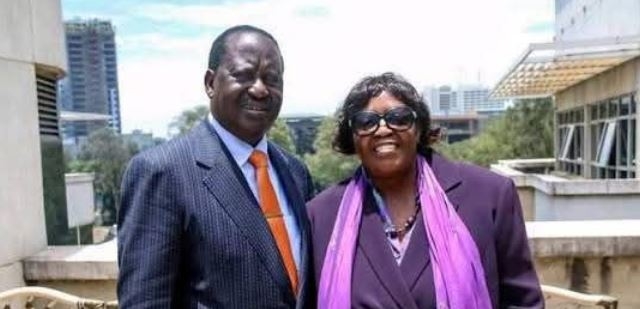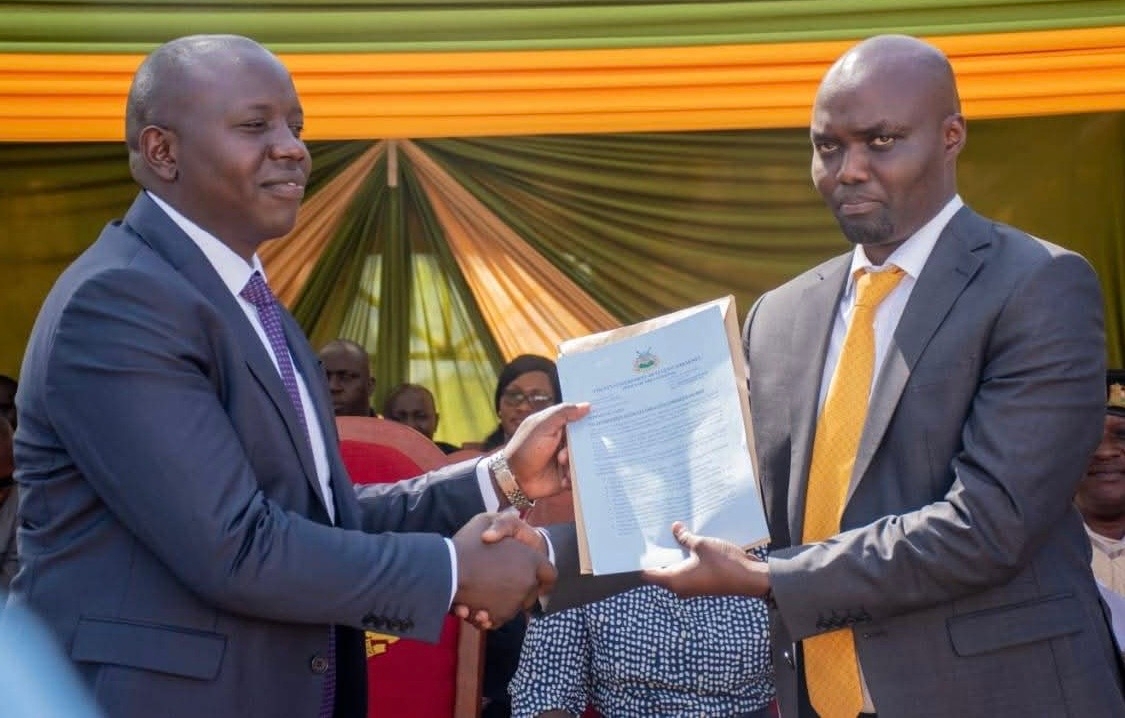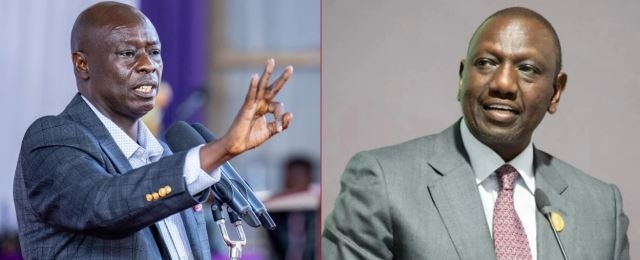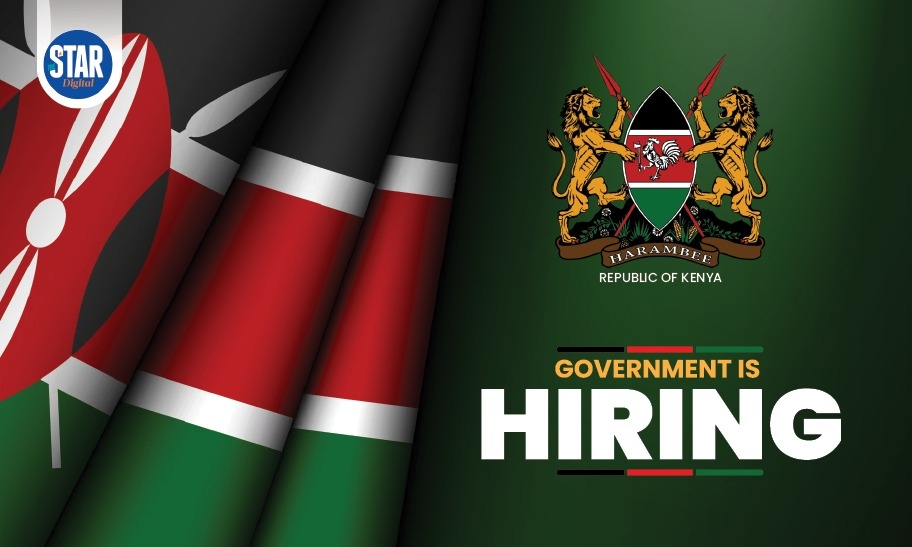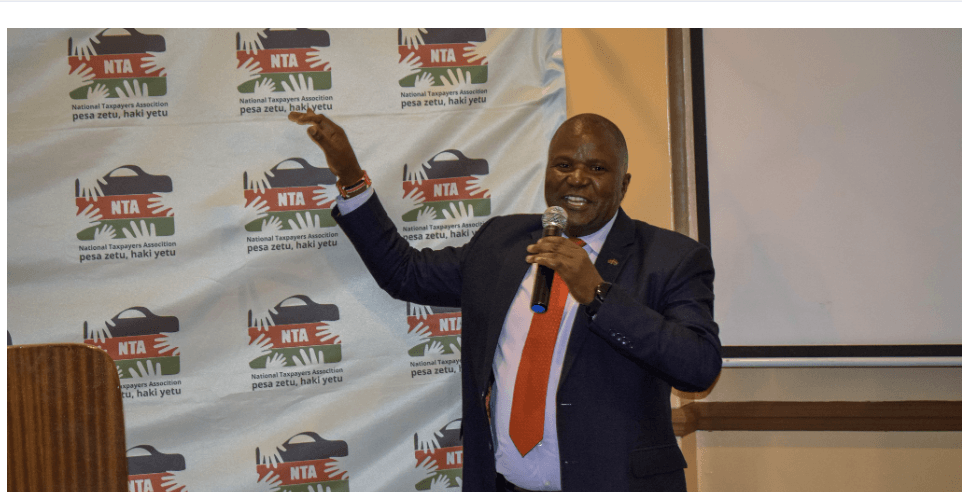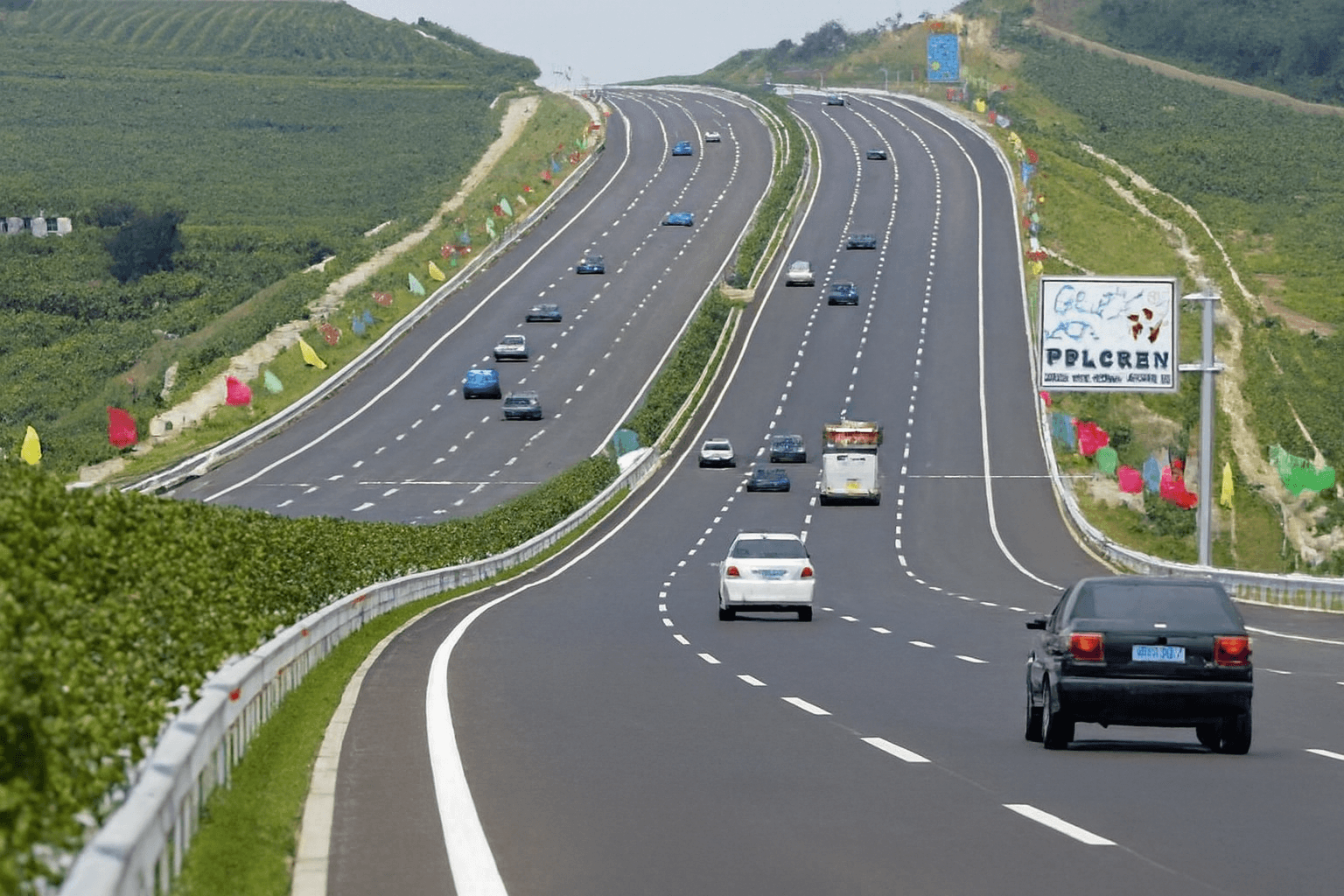When Gordon Wu, a Hong Kong-based infrastructure visionary helped to pioneer toll roads in China, he estimated that the Guangdong-Shenzhen Expressway would attract 30,000 vehicles per day. That was in the 1994.
By October last year, it had an average daily traffic flow of 361,300 vehicles and Wu's Hopewell Holdings Infrastructure is now among expressway operators who have kept key roads in China under good conditions after the introduction of toll on the roads according to the Asia Times.
Back home, the Motorists Association Kenya last week threatened to mobilise signatures from motorists using the Thika superhighway against the proposed toll stations along the newly built facility.
The association's chairman Peter Murima's argument was based on the fuel levy charged every motorist pays while fuelling. “Toll stations were replaced by a Roads Maintenance Levy known as Fuel Levy. Countries where toll is charged do not have fuel levy charges,” argued Peter Murima.
But the Permanent secretary in the Ministry of Roads Eng Michael Kamau thinks otherwise, at least for now. “I guess its ignorance,” he told the Star in an interview last week.
“All those motorists in Wajir, Busia, Turbi, Mbita and Nakuru pay fuel levy, but do they have good roads?,” Kamau asks. “We collect close to Sh24 billion annually from fuel levy against Sh40 billion which we need for the maintenance of roads, why are Kenyans obsessed with free things yet they want good services,” he goes on.
Kamau states that a committee has already been set up in the ministry to draft a bill that will legalise the tolling of the new superhighway.
“The superhighway was built with a loan from the African Development Bank and Exim Bank of China at a cost of more than Sh30 billion that must be repaid and the road was built in the highest international standards that if maintained well, will serve the country for a minimum of 30 years,” he adds.
“We will not just impose the toll to motorists, best practices internationally demand that we give alternative routes to those who do not wish to pay the toll.
He explains that the superhighway has service lanes on both sides and whoever feels like not using the main carriageway should exit past Ruiru and join the service lane.
“The toll will not be mandatory, we will conduct studies on all those willing to pay and cruise to their destination very fast and those willing to use the service lanes, which have been catered for along the superhighway," he said.
Asked about the benefits of concessioning he says once this is done it will among other things, make sure that the road has no pot hole every single day and that all the street lights numbering 2,196 are lit every evening without fail, failure to which sanctions will be taken against those awarded the tender by the government.
“The firm contracted will also install cameras across the whole stretch together with a patrol squad which will specifically nab traffic offenders on the spot and fine them.
“I know young people like you drink and drive carelessly, now the concessionaire will have to replace the road furnitures knocked down which include the lamp posts within specific hours of the accident so as to make the road motorable within a very short time.
The road will also be swept, washed and any repairs made within a few hours of the accident. Kamau said the Kiambu Road is so dark at night yet when it was completed it had all the road furnitures.
These, he said
have been stolen by scrap metal merchants whose appetite will wane once the proposed concessionaire of the superhighway introduces a special police patrol unit on the road.
He also adds that the behaviour among Kenyan drivers of running with jerricans across the road to the nearest petrol station after running out fuel will be illegal.
“The motorist will be arrested at the next entry or exit, fined or charged as the camera's will be operational 24 hours round the clock,” he states emphatically.
The concessionaire will also set up a Highway Control Centre that will have cranes,and ambulances with paramedical services, highway patrol vehicles and establish a highway telecommunication system.
The toll station and the highway management centre will be located in Juja with the income from the toll expected to increase gradually as the number of vehicles using the highway is expected to increase from the current 30,000 vehicles to 54,000 in 2031.
The PS urges motorists in the country to embrace the changes currently taking place in the transport sector, saying the goods roads evident in South Africa, Morocco and other African countries are because of toll.
He gives the example of India, that has been transformed tremendously by toll roads. “Even China, which is a communist state has been transformed within 15 years by the superhighways.
The roads will be very safe both during the day and at night as Kenyan motorists are used to be policed for everything to go right, and that is exactly what we are introducing," says Kamau.
“Once we get it right on toll, we will be able to be predictable in times of travel as you will be sure that you will not encounter any mishap on the road and if you tell someone to give you 12 minutes and meet him at the Kenya School of Monetary Studies, he can comfortably take your words to his bank branch manager."
The Kenya National Highways Authority has already advertised for tender calling for proposals from interested concessionaires to manage the newly completed Nairobi-Thika Highway.
The authority proposes the concession to run for between 20 and 30 years with the tender set to be awarded next January. The tender proposal is for motorists to pay a minimum fee of Sh1.20 ($10 cents) per kilometre for passenger vehicles, Sh1.79 ($2 cents) for commuter taxi and KSh3.59 ($4 cents) for multi axle vehicles.“The toll fees will generally be a percentage of the vehicle operating costs,” expians Kamau.
“The toll is not a gut reaction to a short-term problem. The government had first commissioned feasibility studies into a road-toll system in the early part of the last decade as part of a bigger plan to introduce an integrated public transport network to the Nairobi Metropolitan region.
"The government is currently investing heavily in public transport and the fast train is coming. So to get people to do a model shift from using the cars and onto the Metro, you have to impose certain penalties for car use - it's called demand management," he says.
As he conlcudes Kamau reveals that studies are underway to dual carriage the 495km Nairobi-Mombasa Highway and also charge toll on it's usage for to maintainance.
Traffic Commandant Benson Kibue also hailed the proposal, saying the concessioning will ease the burden on traffic officers who are always in cat and mouse chases with traffic offenders on the road.





